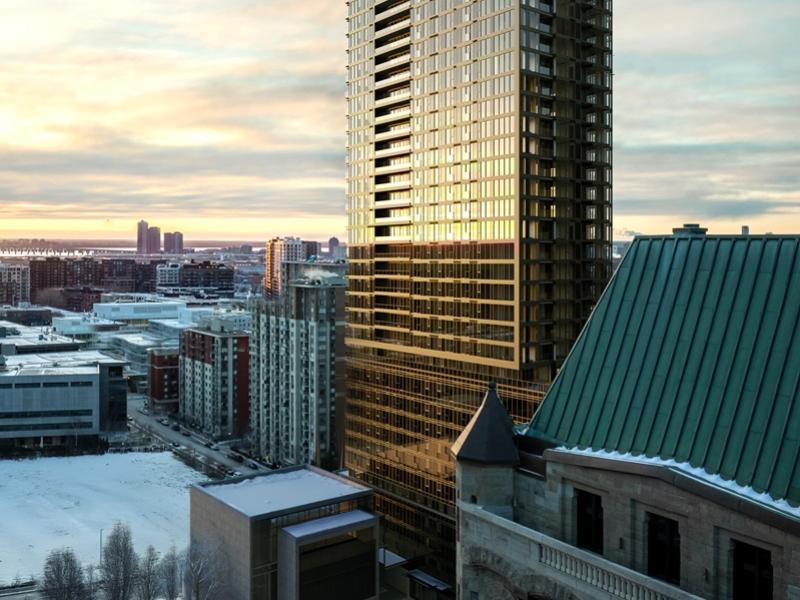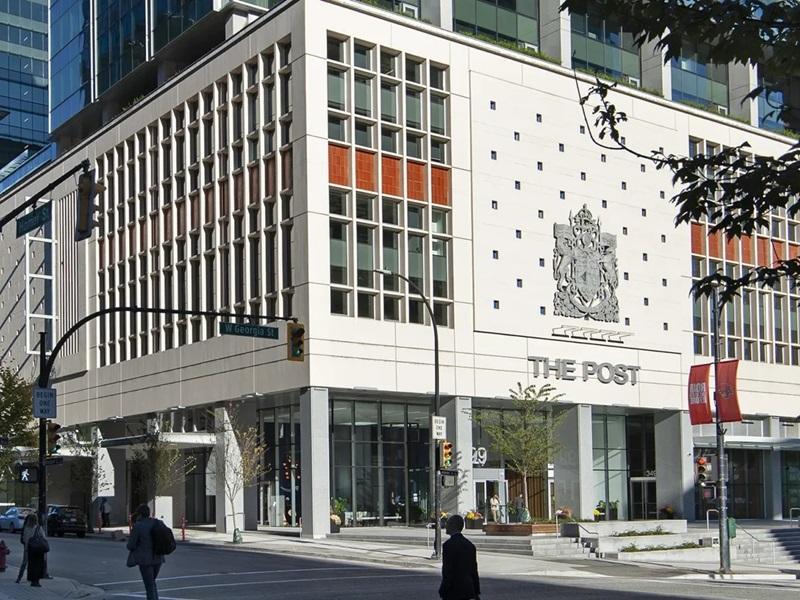 Often, builder and property owners don’t recognize the challenges of working with municipalities until it’s too late. Mitigating some of the risks is all part of the process, but it can sometimes feel like you’re working through layers of barriers.
Often, builder and property owners don’t recognize the challenges of working with municipalities until it’s too late. Mitigating some of the risks is all part of the process, but it can sometimes feel like you’re working through layers of barriers.
Rest assured, once you know some tricks to the trade, it will become easier to navigate your way.
Here’s three areas where you can start:
Why local expertise matters
Land use systems in Canada are comprehensive. They are regulated by the Provinces and, while the fundamental regulations are similar, the process for each province is different. The entrance to the process is the same but how to get to the finish line varies from British Columbia to Ontario to Alberta.
First, if you don’t know much about your local municipality, do some research to familiarize yourself. For example, the Association of Municipalities Ontario, lists all 444 municipalities and towns with links to their various websites. There’s a section on How Municipal Governments Work, that covers details on the Municipal Act, to how municipal councils work. These are all good places to start for background knowledge.
Know who’s who in the process
There will be several areas of expertise required to hire. Trust me – don’t try to take this aspect of property ownership or management on unless you have a strong background in this area and know the municipality inside and out. Even then, specific expertise will still be needed.
Here are the keys to planning your project:
– An architect – think of this person as the “air traffic controller” to your project.
– An urban planner – this is the person who is familiar with all the city bylaws and knows where there is flexibility.
– An engineer – there are several types of engineers likely required for the project including structural, mechanical, and civil. Keep in mind that there will be different regulations and municipal protocols for each level, so make sure to ask if the planner or engineer has this knowledge.
Find professionals you can trust, and be sure to do background checks to verify their reputation.
Pay attention to the political climate
Can regulations change quickly? Sometimes, they can. With a new municipal council elected every four years, this is bound to happen.
Be aware of key planning issues happening at the city council level. For example, the City of Edmonton, like many municipalities, is concerned about urban sprawl. As a result, they recently changed regulations to accommodate more in fill density. With the new bylaws, a 50 foot lot, could be divided into a 25 foot lot – a corner lot could now be converted to a duplex or triplex.
Issues like urban sprawl and climate change can have a definite influence on building regulations and code. Pay attention to how major issues impact the micro-level.
At your service?
Increasingly, city governments recognize the need to be customer-friendly. Although local expertise is needed, more information is becoming available on websites to help navigate answers needed. Expect hiccups along the way and aim to get ahead when you can.







